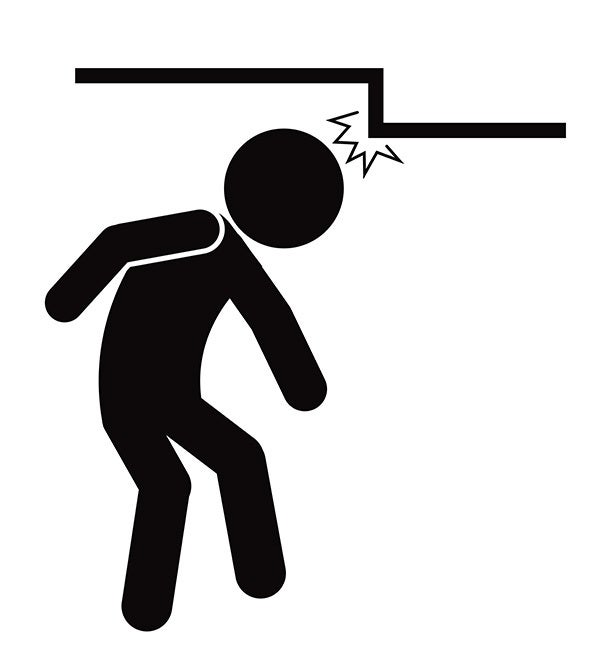Editor's Note When compared to general anesthesia, the use of monitored anesthesia care in invasive procedures resulted in a decreased risk for advanced postoperative complications, according to the results of a new retrospective investigation published December 17 in Anesthesiology News. Investigators leading the single-center study found that this benefit for…

Editor's Note Preliminary results from a nearly million-case review reveal that perioperative pulmonary aspiration, while feared, is rare but potentially deadly. According to a February 4 Anesthesiology News report, researchers found an overall incidence of 1 in 5,572 anesthesia cases, with aspiration-related mortality at about 1 in 67,000. As detailed…

One of the most sobering moments in the career of anesthesiologist Cornelius Sullivan, MD, occurred not as a caretaker in the OR, but as a patient in the emergency department. Having been knocked out cold by a low-hanging monitor during a surgical procedure at Boston Children’s Hospital, he had to…

Editor's Note The American Society of Anesthesiologists (ASA) has partnered with Epic to launch the Anesthesia Community Registry (ACR), which is designed to enable easier data collection, benchmarking, and insight generation at scale. Powered by Epic’s new Community Registries platform, the ACR will complement ASA’s existing National Anesthesia Clinical Outcomes…

Editor's Note Research shows patients undergoing procedural sedation for endoscopic procedures experience significant and often undetected heat loss comparable to that seen during general anesthesia despite widespread assumptions that sedation preserves thermoregulation. Findings were published May 27 in The Journal of PeriAnesthesia Nursing. Conducted at a tertiary hospital in…

Editor's Note Segmental spinal anesthesia (SSA) has emerged as a safe and effective anesthetic technique for high-risk obstetric patients, particularly those with underlying cardiovascular disease (CVD). A recent case series published on April 29 by Medical Dialogues highlights the successful use of SSA in five parturients undergoing cesarean sections, emphasizing…

Editor's Note EEG-guided anesthesia reduces drug use and speeds recovery in children, according to an April 22 report in Neuroscience News. The article focuses on a clinical trial, conducted in Japan and published April 21 in JAMA Pediatrics, comparing standard anesthesia dosing with EEG-guided dosing in more than 170 surgical…

Editor's Note Taking GLP-1 receptor agonists before anesthesia increases the risk of residual gastric contents, but evidence is lacking for a corresponding increase in perioperative pulmonary aspiration risk, according research published April 15 in the journal Anaesthesia. The systematic review and meta-analysis analyzed 28 observational studies involving over 466,000 patients…

Editor’s Note A growing body of research is shedding new light on the long-running debate about spinal anesthesia (SA) and general anesthesia (GA) in outpatient surgical settings, Outpatient Surgery Magazine March 12 reports. Recent studies suggest both approaches can be considered safe and effective, with the “best” choice often hinging…

Editor's Note Preoperative use of GLP-1 receptor agonists was not significantly associated with an increased risk of aspiration pneumonia or acute respiratory failure after surgery, according to a March 4 report in MedPage Today. The article focuses on a retrospective cohort study of over 366,000 surgical patients found no meaningful…